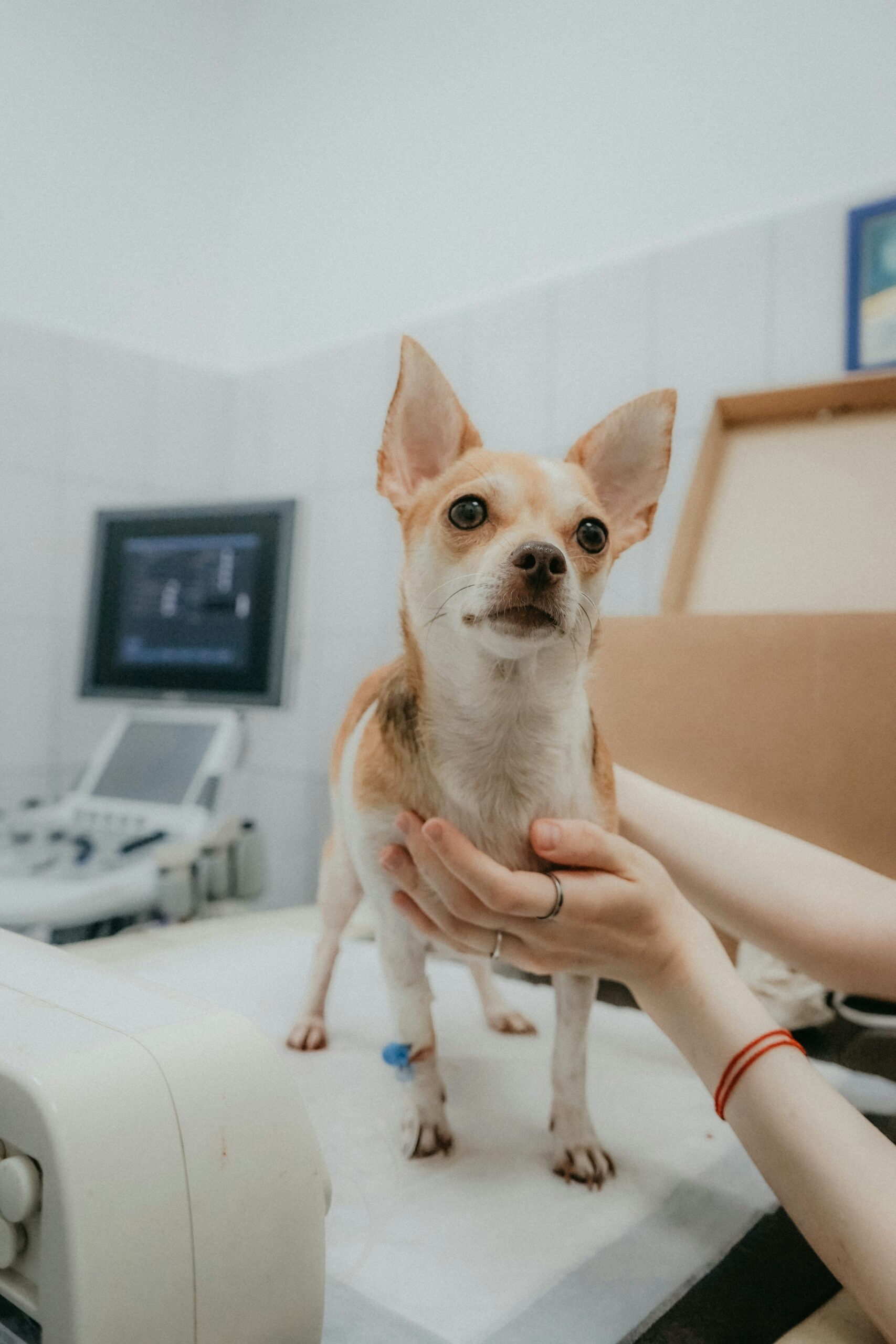How Much Does it Cost to Adopt a Dog?

Adopting a dog is an exciting and fulfilling experience, but it’s important to understand the financial responsibilities that come with it. From adoption fees to ongoing care, the costs associated with adopting a dog can vary widely depending on several factors. In this blog, we’ll break down the costs you should consider before bringing a new furry friend into your home.
1. Understanding Adoption Fees
The first cost you’ll encounter when adopting a dog is the adoption fee. This fee varies depending on the source of adoption and can range from as little as $50 to over $500. Here’s a closer look at what influences these fees:
- Animal Shelters: Adoption fees at animal shelters are generally lower, ranging from $50 to $250. These fees often include basic veterinary care, spaying or neutering, and vaccinations.
- Rescue Organizations: Fees at rescue organizations can be higher, typically between $150 and $500. These organizations often provide more comprehensive care, such as training and behavioral assessments, which can increase the cost.
- Breed-Specific Rescues: If you’re looking for a specific breed, breed-specific rescues may charge more, often $300 to $600, due to the higher demand and additional care required for certain breeds.
- Private Adoptions: Adopting a dog from a private individual might be free or involve a small fee. However, in these cases, the dog may not come with vaccinations, spaying/neutering, or medical history, which could lead to additional costs down the line.
2. Initial Veterinary Costs
Once you’ve adopted your dog, the next major expense is veterinary care. Even if the dog is healthy, it’s crucial to take your new pet to the vet for a comprehensive check-up. Initial veterinary costs can include:
- Health Check-Up: A basic health check-up can cost between $50 and $150, depending on the vet and location.
- Vaccinations: If your dog hasn’t already been vaccinated, expect to pay between $75 and $150 for a full set of core vaccines, which include rabies, distemper, parvovirus, and hepatitis.
- Spaying/Neutering: If your dog hasn’t been spayed or neutered, this procedure can cost anywhere from $200 to $500, depending on the size and age of the dog and the location.
- Microchipping: Microchipping your dog, which is highly recommended for safety, costs between $25 and $50.
- Flea/Tick Prevention: Monthly flea and tick prevention treatments range from $10 to $30, depending on the product.
- Heartworm Prevention: Monthly heartworm prevention costs between $5 and $15, with an initial heartworm test costing around $50.
3. Necessary Supplies
Before bringing your dog home, you’ll need to purchase a variety of supplies. These can include:
- Food and Water Bowls: Quality bowls can cost anywhere from $10 to $50, depending on the material and size.
- Dog Bed: A good dog bed can range from $20 to $150, depending on the size and brand.
- Crate: If crate training, expect to pay between $30 and $200 for a crate, depending on the size and quality.
- Collar, Leash, and ID Tag: A collar and leash set can cost between $20 and $50, with an additional $5 to $15 for an ID tag.
- Toys: To keep your dog entertained, invest in a variety of toys, which can cost $10 to $50 initially.
- Grooming Supplies: Basic grooming supplies, like a brush, nail clippers, and dog shampoo, can cost between $20 and $60.
4. Ongoing Costs
Owning a dog comes with recurring costs that can add up over time. Some of the ongoing expenses include:
- Dog Food: Depending on the size of your dog and the quality of the food, expect to spend between $20 and $60 per month on dog food. Premium or special diet foods can be even more expensive.
- Grooming: Regular grooming is essential, especially for dogs with long or curly coats. Professional grooming services can cost between $30 and $90 per session, with most dogs needing grooming every 4-8 weeks.
- Pet Insurance: Pet insurance can help cover unexpected veterinary costs. Monthly premiums range from $10 to $50, depending on the coverage and the dog’s age, breed, and health status.
- Training Classes: Basic obedience training is recommended for all dogs. Group classes typically cost between $50 and $125 for a 6-8 week course. Private lessons are more expensive, ranging from $30 to $100 per hour.
- Pet Sitting/Boarding: If you travel often, you’ll need to budget for pet sitting or boarding. Boarding costs range from $25 to $50 per night, while pet sitting can cost $15 to $40 per visit.
- Vet Visits: Regular vet visits are essential for maintaining your dog’s health. Annual exams typically cost between $50 and $150, with additional costs for any vaccinations, tests, or treatments needed.
5. Emergency and Unexpected Costs
Even with the best planning, unexpected expenses can arise when you own a dog. Here are some potential costs to be aware of:
- Emergency Vet Visits: Emergency care can be expensive, with costs ranging from $200 to $1,000 or more, depending on the severity of the issue.
- Surgery: If your dog requires surgery, costs can range from $500 to $5,000 or more, depending on the procedure.
- Medications: Chronic conditions like arthritis, diabetes, or allergies may require ongoing medication, which can cost $10 to $100 per month.
- Behavioral Issues: If your dog develops behavioral issues that require professional intervention, behaviorists or specialized training can cost between $75 and $200 per session.
6. Optional Costs
There are also optional expenses that can enhance your dog’s quality of life, such as:
- Doggy Daycare: For social dogs, doggy daycare can provide a fun and engaging environment. Costs range from $15 to $40 per day.
- Dog Walking Services: If you’re unable to walk your dog during the day, hiring a dog walker can cost between $15 and $30 per walk.
- Specialized Training: If you’re interested in advanced training for activities like agility, therapy work, or service dog training, expect to pay $100 to $300 or more for specialized classes or sessions.
7. The True Cost of Owning a Dog
While the initial adoption fee is just the beginning, the ongoing costs of owning a dog can add up. On average, first-year costs can range from $1,000 to $2,500, depending on your dog’s needs and lifestyle. Annual costs after the first year typically range from $500 to $1,500, with additional expenses for emergencies or specialized care.
8. Saving Money on Dog Ownership
Owning a dog doesn’t have to break the bank. Here are some tips to help you save money:
- Adopt from a Shelter: Shelters often include vaccinations, spaying/neutering, and microchipping in the adoption fee, reducing your initial veterinary costs.
- Buy in Bulk: Purchasing dog food, treats, and other supplies in bulk can save you money in the long run.
- DIY Grooming: Learn to groom your dog at home to save on professional grooming costs.
- Pet Insurance: Invest in pet insurance to help cover unexpected veterinary bills.
- Shop Around: Compare prices for veterinary care, grooming, and pet supplies to find the best deals.
Conclusion
Adopting a dog is a rewarding experience, but it’s important to be financially prepared. By understanding the costs involved—from adoption fees to ongoing care—you can ensure that you’re ready to provide a loving and stable home for your new furry friend. With careful planning and budgeting, you can enjoy the companionship of a dog without being caught off guard by unexpected expenses.




